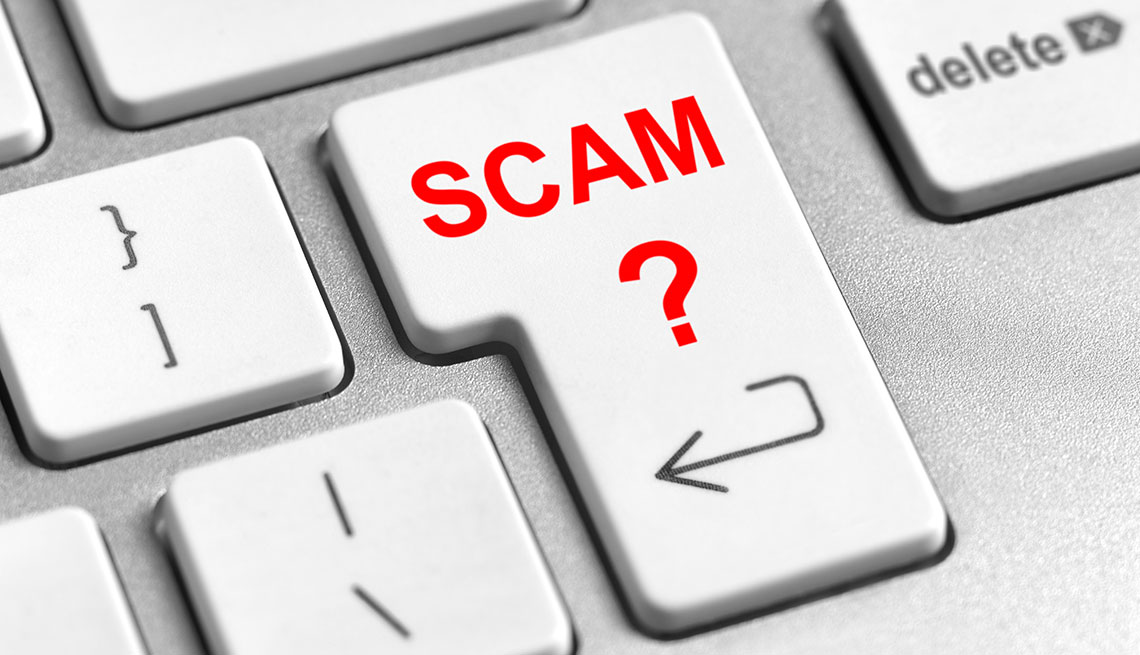New AARP survey finds most beneficiaries unaware of redesigned card initiative

GETTY IMAGES
Sixty percent of those surveyed mistakenly believe they might have to pay for the revamped Medicare ID cards, making them vulnerable to scammers.
According to a new AARP survey, more than three-quarters of Americans over age 65 know little or nothing about the federal government’s initiative to replace their Medicare cards. And that makes them susceptible to scammers intent on taking advantage of the confusion.
Individuals new to Medicare are receiving the updated card, which displays a unique combination of 11 letters and numbers rather than a beneficiary’s Social Security number (SSN). Current beneficiaries will begin receiving their replacement cards next month.
AARP found that 60 percent of those surveyed mistakenly believe they might have to pay for the revamped cards. The new cards are free. And more than half of respondents said they might not be suspicious if they received a call — supposedly from Medicare — asking them to verify their SSNs as a prerequisite to getting a new card. Medicare officials have emphasized that they will never call beneficiaries about the cards, which are being mailed out by the Social Security Administration.
“The new Medicare cards are a step forward for fraud prevention, but con artists are working overtime on new ways to scam seniors,” says Nancy LeaMond, AARP’s chief advocacy and engagement officer.
Scammers posing as Medicare representatives have already been calling beneficiaries demanding a processing fee. Other fraudsters are telling beneficiaries that they are owed a refund from transactions on their old card and then asking for bank account information to process the reimbursement. Medicare will never ask an enrollee for a bank account number, and no refunds are owed.
AARP’s telephone survey reached 800 respondents and has a margin of error of plus or minus 3.5 percent.
AARP’s Fraud Watch Network provides more prevention tips and advice on card-replacement and other types of scams. Consumers can also sign up for “Watchdog Alert” emails to get regular updates on new scams.
